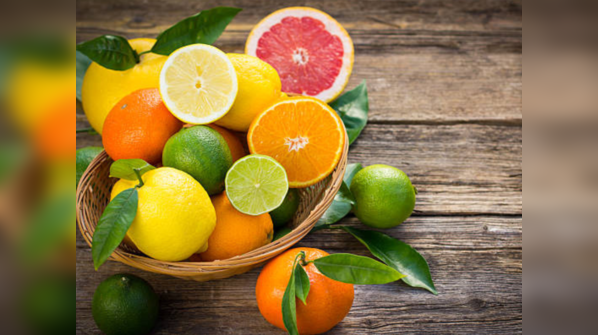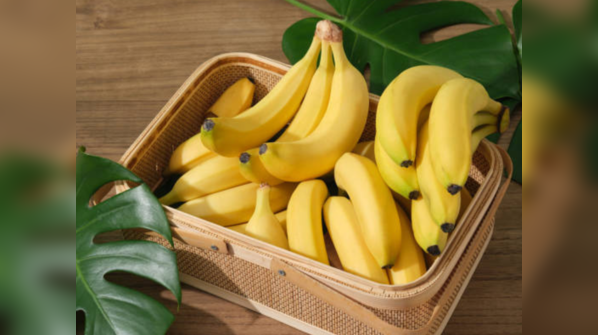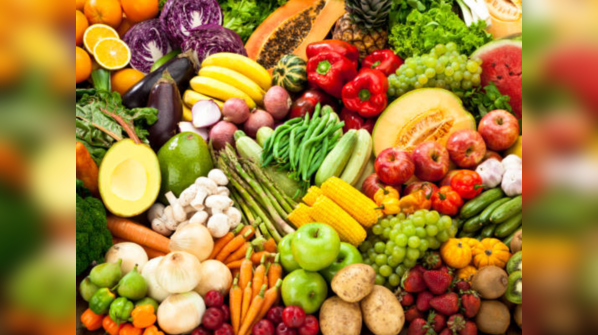The morning presents a fresh start, a quiet prelude to the day's demands. But before diving into breakfast, consider this: not all foods are created equal when it comes to an empty stomach. Some choices can disrupt your digestive system and cause discomfort. Let's explore foods that might be best enjoyed later in the day.

While their zesty flavor may seem like the perfect wake-up call, citrus fruits such as oranges and grapefruits can irritate an empty stomach. The high acid content can lead to heartburn or worsen existing acidity. It's advisable to save these for later when your digestive system is more prepared.

These condiments add a flavorful kick to any meal. However, consuming spicy chutneys or pickles on an empty stomach can trigger excess acid production. This can result in a burning sensation and even nausea. It's better to enjoy these with a full meal when your stomach can better handle the intensity.

Bananas are often touted as a healthy snack. However, eating them on an empty stomach can cause a rapid increase in magnesium levels in the bloodstream. This can negatively impact heart health, especially for those with blood pressure issues. Furthermore, bananas lack the fiber and fat necessary for sustained fullness. To enjoy bananas in the morning, pair them with nuts or oats.

For many, coffee is a morning essential. However, drinking black coffee on an empty stomach can stimulate acid production, disrupting gut balance. This is particularly problematic for those prone to acidity or digestive issues. The anxious feeling associated with coffee can also intensify without food to buffer its effects. Consider adding a slice of toast or a biscuit to your morning routine before your coffee.

While salads are generally considered healthy, raw vegetables like cucumbers, tomatoes, and peppers can be harsh on an empty stomach. The high fiber content, while beneficial, can lead to bloating or stomach cramps when consumed first thing in the morning. Opt for cooked vegetables, which are gentler on the digestive system and still provide essential nutrients.
Newer articles
Older articles
 Vitamin D Could Slash Tooth Decay Risk by 50%, Study Suggests
Vitamin D Could Slash Tooth Decay Risk by 50%, Study Suggests
 Indian Cricket Star Mukesh Kumar and Wife Divya Singh Announce Birth of Son
Indian Cricket Star Mukesh Kumar and Wife Divya Singh Announce Birth of Son
 Shubman Gill's Captaincy Under Fire: Bold Calls Needed After England Test Defeat
Shubman Gill's Captaincy Under Fire: Bold Calls Needed After England Test Defeat
 Microsoft Aims for Foldable Redemption with Novel Hinge Design to Rival iPhone and Android
Microsoft Aims for Foldable Redemption with Novel Hinge Design to Rival iPhone and Android
 Popular Finance YouTuber's Account Hacked, Bitcoin Scam Promoted: Security Lessons Learned
Popular Finance YouTuber's Account Hacked, Bitcoin Scam Promoted: Security Lessons Learned
 Hollywood's Love Affair with India: Iconic Film Locations Revealed
Hollywood's Love Affair with India: Iconic Film Locations Revealed
 Esha Gupta Breaks Silence on Hardik Pandya Romance Rumors: 'We Were Just Talking'
Esha Gupta Breaks Silence on Hardik Pandya Romance Rumors: 'We Were Just Talking'
 Rishabh Pant Aims to Surpass Virat Kohli in Test Century Tally During England Series
Rishabh Pant Aims to Surpass Virat Kohli in Test Century Tally During England Series
 Prithvi Shaw Credits Sachin Tendulkar's Guidance for Career Revival After Setbacks
Prithvi Shaw Credits Sachin Tendulkar's Guidance for Career Revival After Setbacks
 Ashada Gupt Navratri 2025: Unveiling Dates, Timings, Significance & Secret Rituals
Ashada Gupt Navratri 2025: Unveiling Dates, Timings, Significance & Secret Rituals